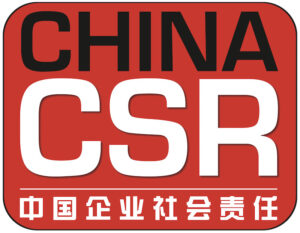USA-based Temple University Beasley School of Law is celebrating the 10th anniversary of its Rule of Law Program in China, which was created with the Chinese government's endorsement to advance the development of the China's legal system and leadership in the international marketplace.
Since 1999, the Rule of Law Program, which is said to be the only one of its kind, has educated more than 900 Chinese legal professionals from both the public and private sectors in U.S. law through several initiatives including: a Beijing-based Master of Laws (LL.M.) program in partnership with Tsinghua University School of Law, non-degree educational programs for judges and prosecutors, AIDS and public health law training and workshops, and law drafting and implementation projects for Chinese lawmakers.
Temple's rule of law initiatives are designed to expose Chinese legal professionals to American principles of legal reasoning, equipping them with new analytical and legal advocacy abilities. Participants report using U.S. law and cases for reference in their daily decisions, and some of the graduates were among the first in China to write opinions, thus establishing legal precedents.
According to JoAnne A. Epps, the dean of the law school, legal reform, from the creation of transparent laws to their consistent application, has become a priority for the Chinese government. She added that through its Rule of Law Program, Temple is plaing a vital role in educating the lawyers who may be called on to help shape the country's legal system.
The program also supports scholarly research by American and Chinese law professors and curriculum planning for Chinese law schools in developing areas of law. Academic conferences provide a forum for Chinese legislators, regulators, scholars and judges to gain advice and support as they develop China's legal infrastructure and institutionalize the rule of law. Temple professors were also invited to participate in drafting the country's first property and torts laws.
Temple's Rule of Law Program receives support from public and private U.S. donors, including ExxonMobil, Alcoa and DuPont, and the U.S. State Department's Bureau of Democracy, Human Rights, and Labor.

